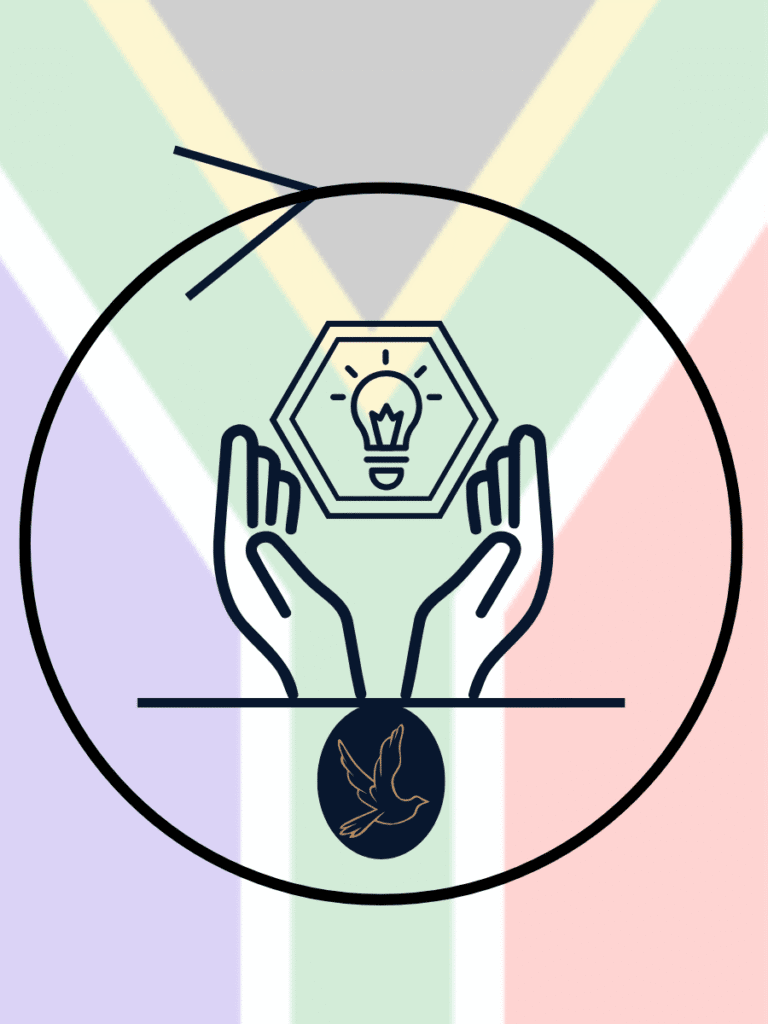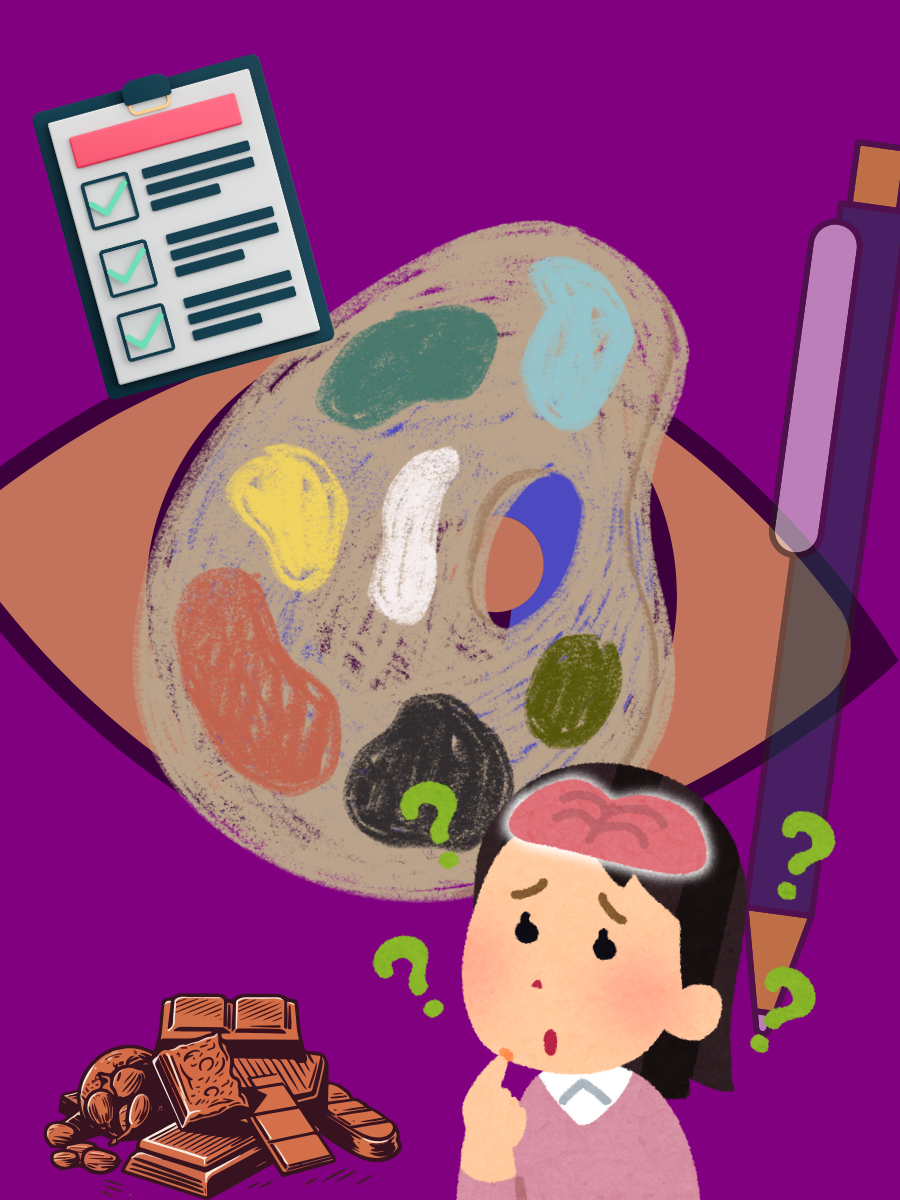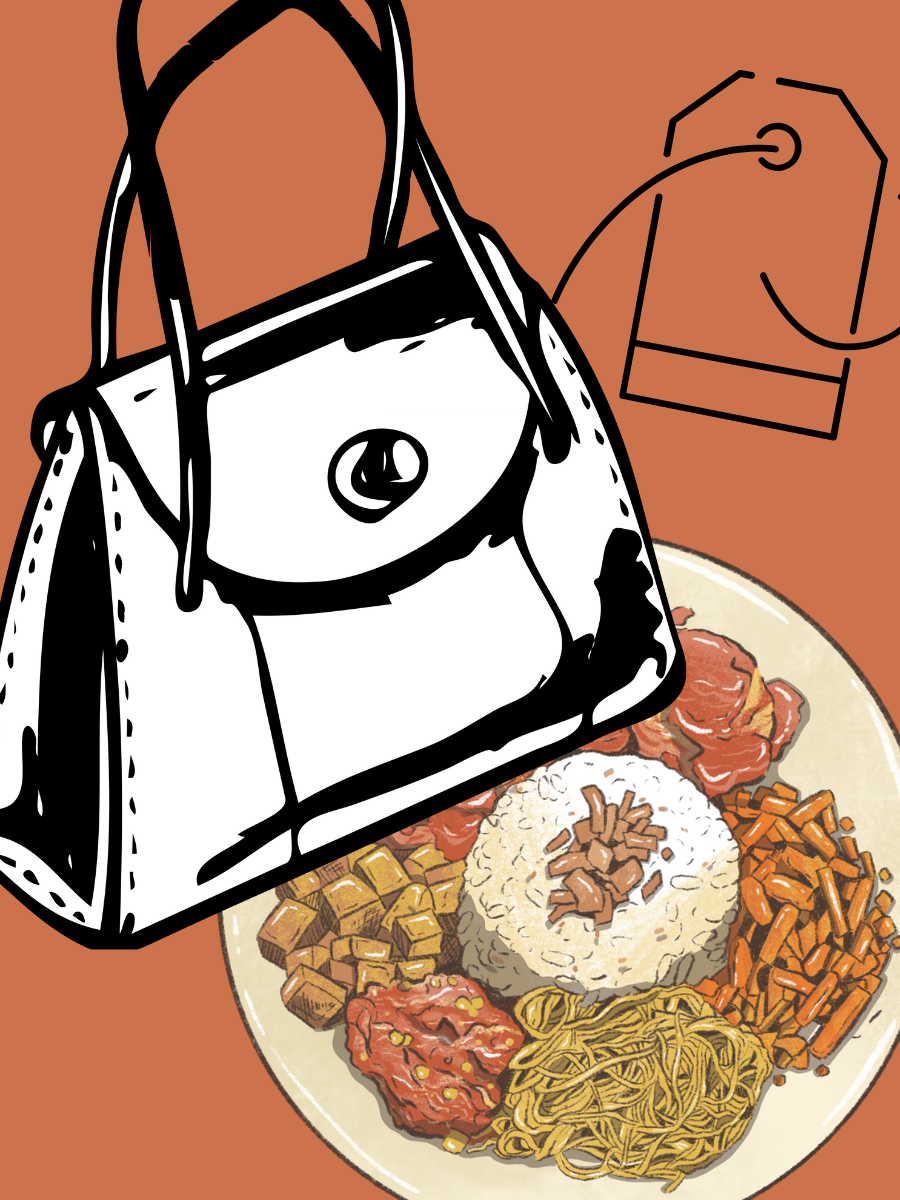Introduction
The evolution of IP laws in South Africa reflects a broader African narrative one in which intellectual property is vital for development, yet constrained by the need to adapt international agreements to local realities. Over 131 years of treaty adoption across Africa, the central challenge has been balancing global obligations with the need for contextualised, community-focused governance. In 2023, South Africa initiated significant legal and regulatory reforms, potentially setting a precedent for future policy directions. Despite this, the ongoing marginalisation of indigenous knowledge systems raises critical concerns about rights, sustainability, and equitable benefit-sharing. Intellectual property regulation in Africa traces back to pre-colonial systems, later reshaped by colonisation, international treaties, and the emergence of regional institutions such as PAIPO. This complex history offers valuable lessons in innovation, development, and cultural protection often forged in the face of structural adversity.
IP Evolution of South Africa
IP laws in Africa developed through distinctive and evolutionary phases, shaped by transformative events in the African and universal legal systems. The history may be divided into four broad phases: 1884-1935, 1936-1965, 1966-1995, and 1996-2015, each being a divisional development and occurrence in the growth of IP law on the continent.
Pre Colonial Period (Before 1652)
In the pre-colonial period, Africa lacked formal IP rights but relied on customary law to regulate creativity and innovation. This framework governed achievements such as farming tools, architectural marvels (e.g., Great Zimbabwe), traditional medical knowledge (TMK), and cultural expressions (TCE). Customary law was adaptive to the needs of people and varied with colonial codifications. Each society had unique, mostly informal norms for managing knowledge for example, the ‘Olaibo’ subgroup of the Maasai preserved traditional medical knowledge (TMK), while authors and artists retained ownership of their creations. Such systems reflect the uniqueness of Traditional Knowledge (TK) and its internal appropriation, and experts advocating for sui generis systems based on customary law for enhanced world protection and conservation of cultural knowledge.
Colonial Period (1652-1910)
During this period, African customary law was practised in family rights and inheritance only. The colonial laws developed exploitative IP systems, under which colonisers extracted African knowledge and resources without asking. The systems were enforced by colonial laws, international agreements, and legislations typically managed from the homelands of the colonising state. Colonial IP regimes were faulted for appropriating African resources without regard to local values and systems of government. In opposition to colonialism, African states united in solidarity through anti-colonial efforts such as safe houses, military training, and institutions like the Frontline States.
This harmony among Africans has influenced contemporary pursuits and international foreign policies, especially regarding intellectual property. Guided by principles of justice, public welfare, and Ubuntu, the Africa Group champions its members’ interests in international forums like the WHA, WTO, and WIPO raising global awareness about restrictive access to medicine and information while advocating for IP legislation that aligns with African priorities.
The Post-Colonial Period
African customary law was restricted to family life in the colonial era, and extractive IP regimes replaced it to enable the colonisers to obtain African resources without permission. The regimes were not suitable for African conditions to facilitate massive exploitation. Nonetheless, African nations showed solidarity with anti-colonial resistance, fostering a cohesion that endures to this day. Led by Ubuntu, the Africa Group lobbies for balanced IP policies at the WHA, WTO, and WIPO, representing Africa’s interests and lobbying for specific IP legislation.
Creation of Regional Intellectual Property Organisations and Objectives
In 1962, the Francophone African countries established the African and Malagasy Office of Industrial Property (OAPI) to manage industrial property. The Bangui Agreement of 1977 reorganized it by establishing a shared intellectual property code for patents, trademarks, and other areas excluding Traditional Knowledge (TK). Subsequent amendments in 1999 and 2006 extended protection to plant varieties, aligning with the UPOV Convention. The OAPI Secretariat streamlines intellectual property management, allowing for consistency and effectiveness in member states.
African Regional Intellectual Property Organisation (ARIPO)
ARIPO, originally ESARIPO in 1976 under the Lusaka Agreement with the assistance of UNECA and WIPO, was originally for Anglophone countries. In 1984, its membership expanded to include all UNECA and OAU countries, and it was subsequently renamed ARIPO. In 2004, it extended its mandate to cover other forms of IP, which were in other protocols, as the African Regional Intellectual Property Organisation:
- Harare Protocol (1982): Industrial designs and patents.
- Banjul Protocol (1993): Trademarks.
- Swakopmund Protocol (2010): Protection of folklore and traditional knowledge.
- Arusha Protocol: Plant breeders’ rights (yet to be implemented).
Regional Economic Communities (RECs)
The African Union (AU) has the goal of building the African Economic Community (AEC) by consolidating eight of the fourteen Regional Economic Communities (RECs). These are:
- Economic Community of West African States (ECOWAS, 1975)
- Economic Community of Central African States (ECCAS/CEEAC, 1983)
- Arab Maghreb Union (AMU/UMA, 1989)
- Southern African Development Community (SADC, 1992, succeeding SADCC of 1980)
- Common Market for Eastern and Southern Africa (COMESA 1994, succeeding PTA of 1981)
- Inter-Governmental Authority of Development (IGAD, 1996, succeeding IGADD of 1986)
- Community of Sahel-Saharan States (CEN-SAD, 1998)
- East African Community (EAC, 1999)
RECs derive their IP obligations from constitutive treaties or trade agreements; however, most lack specific IP laws.
IP Enforcement in South Africa
South Africa’s IP system is supported by several core legal frameworks, including:
- Patents Act (1978),
- Trade Marks Act (1993),
- Copyright Act (1978),
- Designs Act (1993),
- Plant Breeders’ Rights Act (1976),
- Counterfeit Goods Act (1977), and
- Consumer Protection Act (2008).
These are the bases of IP enforcement in the nation.
IP Developments and Initiatives
South Africa is revamping its IP policy to align with the international standard. Principal plans are:
- Patents: Stricter requirements for expedited acceptance of patent applications were initiated by the CIPC in 2023. Preparation for substantive examination has been done, with timeline announcements to be made.
- Trade Marks: South Africa proposes joining the Madrid Protocol, necessitating legislative amendments, approvals, and an awareness campaign
- Copyright: The Copyright Amendment Bill establishes fair use provisions, enhancing performer rights, and digital protection. Controversies have had it referred to the Constitutional Court for constitutional testing.
Since the implementation of the TRIPS Agreement
The TRIPS Agreement has been characterised as neo-colonial and ignores the distinct development concerns of developing countries. The African continent responded by embracing Pan-Africanism and engaging with organisations like the WTO, WIPO, and WHO, culminating in initiatives such as the WIPO Development Agenda and the Doha Declaration efforts aimed at mitigating the impact of TRIPS.
African countries have faced compliance issues due to IP regimes set up under colonialism and limited capacity, leading to over-compliance driven by political pressure and resource shortages. For example, OAPI’s revision of the 1999 Bangui Agreement adopted TRIPS standards prematurely during an LDC’s transition phase, illustrating the challenge of balancing compliance with development needs.
Plant Variety Protection
The Bangui Protocol (Annex X), Arusha Protocol, and SADC Draft PVP Protocol take the model of UPOV 1991, granting Plant Breeders’ Rights (PBRs) for new, distinct, uniform, and stable plant varieties. They are subject to criticism as causing threats to biopiracy, overlooking traditional practices, and infringing on farmers’ rights. Hybrid systems or the AU Model Law are better alternatives. UPOV’s standards disregard Traditional Knowledge (TK) and smallholder farming, putting local varieties at risk. External pressure, with the United States being a key player, has resulted in adoption by OAPI, ARIPO, and SADC. OAPI has committed to UPOV 1991, ARIPO’s Arusha Protocol is undergoing ratification, and SADC’s Draft Protocol awaits adoption, while scientists call for strategies that reflect Africa’s unique agricultural and cultural contexts.
Protection of Traditional Knowledge (TK)
Protection of TK focuses on clashes between indigenous rights and the public domain. Development by the WIPO Intergovernmental Committee (IGC) has been gradual, with OAPI having no provision for TK and ARIPO’s Swakopmund Protocol providing sui generis protection under customary law.
- The OAPI mechanism does not include protection against traditional knowledge.
- ARIPO’s Swakopmund Protocol grants sui generis protection to TK and folklore based on customary law for work definition, ownership, and conflict resolution. It does not require any formalities, and protection is indefinite to communities or 25 years to individuals against exploitation. Eligibility is based on attachment to cultural identity and traditional practice.
Proposal for the establishment of a Continental Intellectual Property Organisation
The continental IP organisation (PAIPO) project began mid-1990s, gaining momentum with the AU’s Pan-African vision. Consultations and studies led to its incorporation in the 2006 AU Science and Technology Plan, with recommendations in 2007. Critics pointed out practical shortcomings in the early drafts, prompting their revision. The 2016 adopted PAIPO Statute puts Africa’s socio-economic and cultural development first, referring to WIPO, human rights, and sustainable development. Tunisia was selected as the headquarters, while PAIPO was established as a policy forum rather than an IP registry. Its shortcomings, like the lack of coverage of TRIPS flexibilities, continue.
Conclusion
The IP history of Africa reveals broad themes, including the replacement of indigenous regulation by external systems and the resulting post-TRIPS compliance problems. Over-compliance and decentralised behaviour followed, and numerous institutions deal with IP inconsistently. African innovation is undervalued because of a measurement bias toward formal sectors, which consequently discounts real, needs-oriented innovation in informal economies.
Moreover, academics disagree over IP’s developmental role options, with some advocating for robust IP systems that drive investment, while others argue that fragile IP systems are more suited to LDCS. TK issues of access, cultural appropriation, and protection continue, and principles of customary law offer hope of resolution. Stronger IP system consolidation for Africa remains essential to address special regional requirements.
References
- Beer De, Baarbe J, & Ncube C (2018). “Evolution of Africa’s intellectual property treaty ratification landscape”. The African Journal of Information and Communication (AJIC). 22:53-82. https://doi.org/10.23962/10539/26173.
- Jayakumar A (2024). “The Intersection of Intellectual Property Rights and Indigenous Knowledge in Climate Change Adaptation and Mitigation Strategies”. JSS Journal for Legal Studies and Research. 10: 49-68.
- Wright J (2017). “Southern Africa before Colonial Times”.Oxforde.
- Pechacek (2012). The Past, Present, and Future of South Africa’s Patent System. Mitchellhamline. 3(2): 188-215.
- Birnhack M (2021). “A Post-Colonial Framework for Researching Intellectual Property History”. Oxford Academic. 260-271.
- Ncube C B (2023). “Intellectual Property Law in Africa”. Routledge. 2: 35-251.
- Our History (2024). ARIPO.
- African Regional Industrial Property Organization (ARIPO) (2016). Wayneus. http://en.wayneus.cn/news/436.html.
- Regional Economic Communities (RECs). African Union. https://au.int/en/organs/recs.
- “Unlocking IP protection – Your essential guide to IP enforcement in South Africa” (2025).Eversheds Sutherland. https://www.eversheds-sutherland.com/en/global/insights/unlocking-ip-protection
- Intellectual Property Law South Africa (2020). Adams Africa. https://www.adams.africa/intellectual-property/intellectual-property-law-south-africa
- “Developments in Intellectual Property Law In South Africa” (2022). Centurionlgplus.
- Gray A L and Vawda Y A (2013). “TRIPS, Access to Medicines and Local Production in South Africa”. The New Political Economy of Pharmaceuticals. International Political Economy Series. Palgrave Macmillan. https://doi.org/10.1057/9781137315854_10
- Peschard K, Golay C and Araya L (2023). “The Right to Seeds In Africa, The United Nations Declaration on the rights of Peasants and other people working In rural areas and the right to seeds in Africa”. Geneva Academy. 1-76. https://www.geneva-academy.ch/joomlatools-files/docman-files/Briefing%2022_web.pdf
- WIPO. Ninth Session, (2006). Republic of South Africa: Indigenous Knowledge Systems Policy. Intergovernmental, committee on Intellectual Property and genetic resources, Traditional Knowledge and Folklore.
- WIPO-WTO Colloquium Papers, 2018 Africa Edition.







